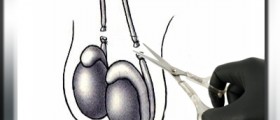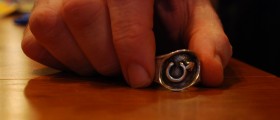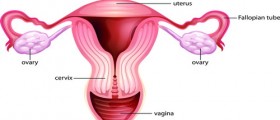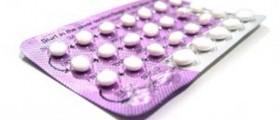
The objective of a vasectomy is to render the man who undergoes one infertile so we won't mentioned the inability to have children as a "side effect". Along with infertility, men who have completed a vasectomy procedure sometimes notice changes in their libido. According to some studies, around six percent of men who have had a vasectomy report that their sexual desire has decreased. Other studies concluded these rates were much higher at around 20 percent.
After a vasectomy, sperm can no longer reach the penis, but that does not mean it will not be produced by the body. The body reabsorbs the sperm, but needs to cope with it, which can result in the enlargement of membranes. Sometimes, small lumps of sperm form in the testicles while the body breaks them down. Approximately 60 to 70 percent of men develop antisperm antibodies within a year of undergoing a vasectomy. This has negative implications for men who decide they want a vasectomy reversal, because conceiving becomes exceedingly difficult with the presence of these antibodies.
A small percentage of men develops post-vasectomy pain syndrome, either immediately following a vasectomy or years later. The pain felt can be chronic, or can appear only at certain times, for example during sexual intercourse or strenuous exercise. Bruising and bleeding are temporary, post-operation side effects of a vasectomy. Also read about the female answer to a vasectomy; getting your tubes tied.
















Your thoughts on this
Loading...